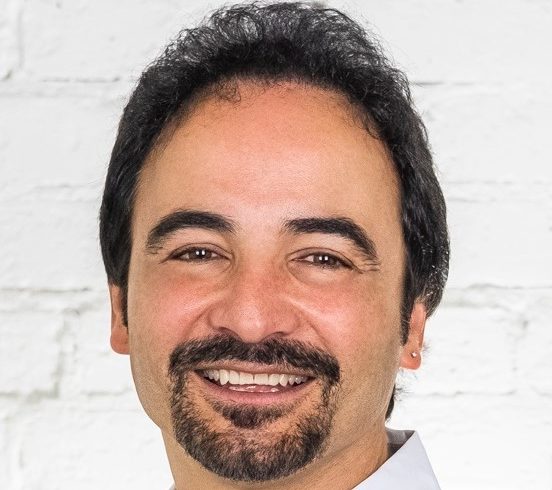Starting a weed business isn’t easy, especially for equity applicants
By Eric Luchini
Sacramento is one of several California municipalities promoting social equity in the legal cannabis industry. Money and privilege are still viewed as two vehicles that allow certain businesses to thrive and build market share in this projected new industrial boom. The city is working to diminish barriers for individuals who traditionally have lacked both.
But the clock is ticking.
So in early December at the Sacramento Cannabis Industry Association Training Center, 12 “students” gathered to enhance their cannabis knowledge and how it parlays into developing a successful business. They had raised some seed money and received a small push from the city of Sacramento. With a month of professional guidance, they initiated a business plan that, for several of them, contained more ambition than solid cannabis know-how.
Diverse in age, ethnicity, education and socioeconomic backgrounds, the class was a mix of old-school, street-savvy cannabis dealers, small mainstream business owners and business newbies trying to decide if they have a future in the legal cannabis space of 2020.
They haven’t had the money. The participants were low income at some point in their lives. Two were previously arrested for cannabis crimes. They were all accepted into the Sacramento Grow Green program, facilitated by the Sacramento Asian Chamber of Commerce and funded by the city’s Cannabis Opportunity, Reinvestment and Equity program.
“We don’t know what we don’t know,” some admitted up front. After the first few workshops, including “Cannabis 101” and “Cannabinoids and Terpenes,” they were surprised by the complexity of the ancient plant and this newly emerging industry surrounding it.
Even the old-schoolers now moving down the path to legal operation found concerns in the current state of an industry they previously knew with a different face. “Are we too late?” they asked. “Can we catch up?” And, “will grandma buy our products?”
The 55-plus crowd will fuel the industry’s revenue over the next five years. Companies that have been legal, compliant and financially backed for several years already own valuable shelf space catering to grandma and grandpa and all shoppers in between. Social equity entrants arriving in 2020 must now find a market niche or fight for a fraction of this space.

It won’t be easy or timely unless they stop thinking about legal cannabis as legal weed. Of the 12 students in this class, three are underway with products vetted from their gray market days. Several others are exploring niches should find success, but only if they embrace their opportunity, navigate the legalities and find their ideal customer base. A weed business is difficult.
The chase for the golden ring—a brick-and-mortar dispensary—may not be part of this current class’s goals. Financial resources, license expansion and prime locations are still questionable as we enter 2020.
One couple from the class is taking a different path by opening a coffee shop on Florin Road, an area underserved for both quality coffee and cannabis. Their game plan to success: start with coffee, wait for rezoning then add CBD-fueled coffee when allowed. They see a niche, and hope to be able to exploit it.





Be the first to comment on "Essay: Ready to launch?"